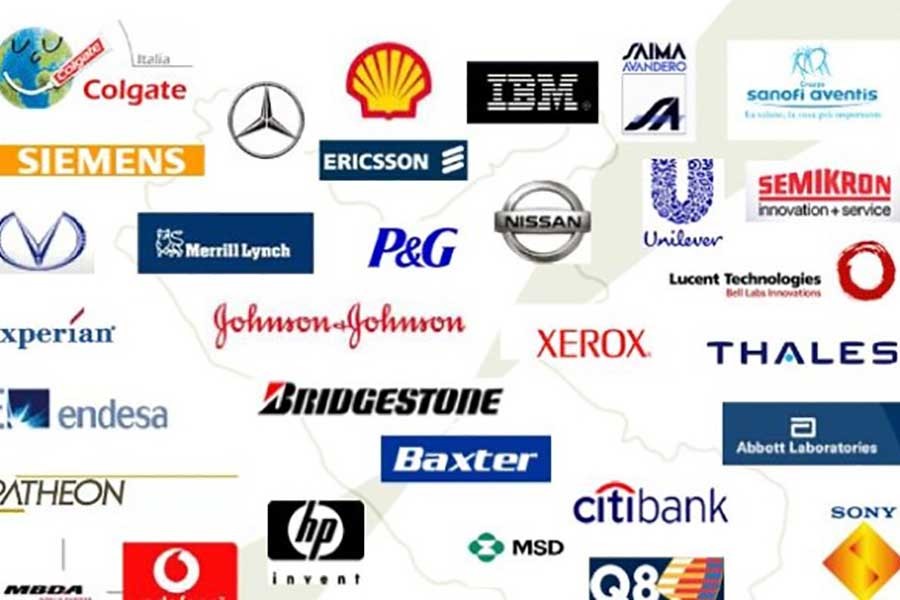Only a few multinational companies (MNCs) are operating in Bangladesh -- and those with global reputation are even fewer.
Some little known foreign companies have entered the country's market in recent years. But many large MNCs stayed away notwithstanding the fact that most foreign firms have been doing well, in terms of their business growth in Bangladesh. The aggregate volume of profit they repatriate back home annually has also been sizeable.
The MNCs listed on the country's bourses, numbering about a dozen, do announce attractive dividend -- between 500 and 600 per cent -- annually. Notable business growth coupled with high profit earning, however, could hardly attract many MNCs to Bangladesh market. Some factors beyond profit might have discouraged foreign companies from coming to this country.
MNCs that have been operating in this country, apparently, have learnt to live with odds, if there is any. But the new ones, it seems, are not willing to take the risk.
Bangladesh offers quite attractive policy-based incentives to foreign investors. But the hassles --bureaucratic or otherwise --involved in doing business in this land appear to be too many. The complaints that the local businesses make very often against the overall business climate do also discourage foreign companies from coming to this country.
The MNCs, particularly the fast-moving consumer goods companies (FMCG) companies, are quite happy with their business growth and profit-earning. But Bangladesh stock market investors and the government policymakers are not, because of the reluctance of many foreign investors to be listed with the bourses.
Investors have requested the government on a number of occasions to bring the MNCs to the stock market. But the government has refrained itself from doing so, for no company, foreign or local, can be coerced to go public. Unilever, one of the world's largest FMCG behemoths, operating in this country for long, is also not interested to go public, it seems.
But the government might think of exercising limited coercion since some large MNCs do often indulge in unfair practices in their business operations. Some of them, instead of manufacturing a number of consumer goods do import the same from neighbouring India for marketing here. One large FMCG company until recently used to import soaps, shampoos in bulk quantities in large containers and market the same as products manufactured in Bangladesh. By doing so, these companies evaded a substantial amount of duty and tax. This practice is still in vogue in some cases.
Consumers might have also noticed that most advertisements meant for promotion of products of a number of MNCs are made in neighbouring India. Some ads, prepared for Indian market, are being shown on television here after necessary dubbing in Bengali.
Some MNCs, including the largest private mobile operator, have been preparing quality advertisements with the local advertisement agencies. Most viewers are aware that artistes shown in ads produced in India cannot speak Bangla. Yet the MNCs concerned are trying to promote their products using those Indian artistes.
Many MNCs are also suspected to be involved in tax evasion through transfer pricing. The National Board of Revenue has not taken any serious move to detect such wrong-doing. The Board should not let these companies transfer fund illegally and do the needful to punish the wrongdoers.


